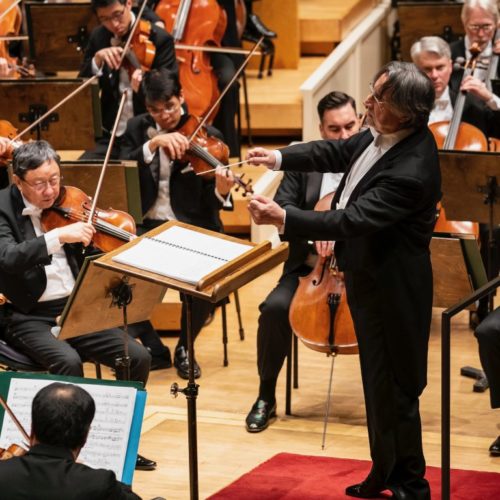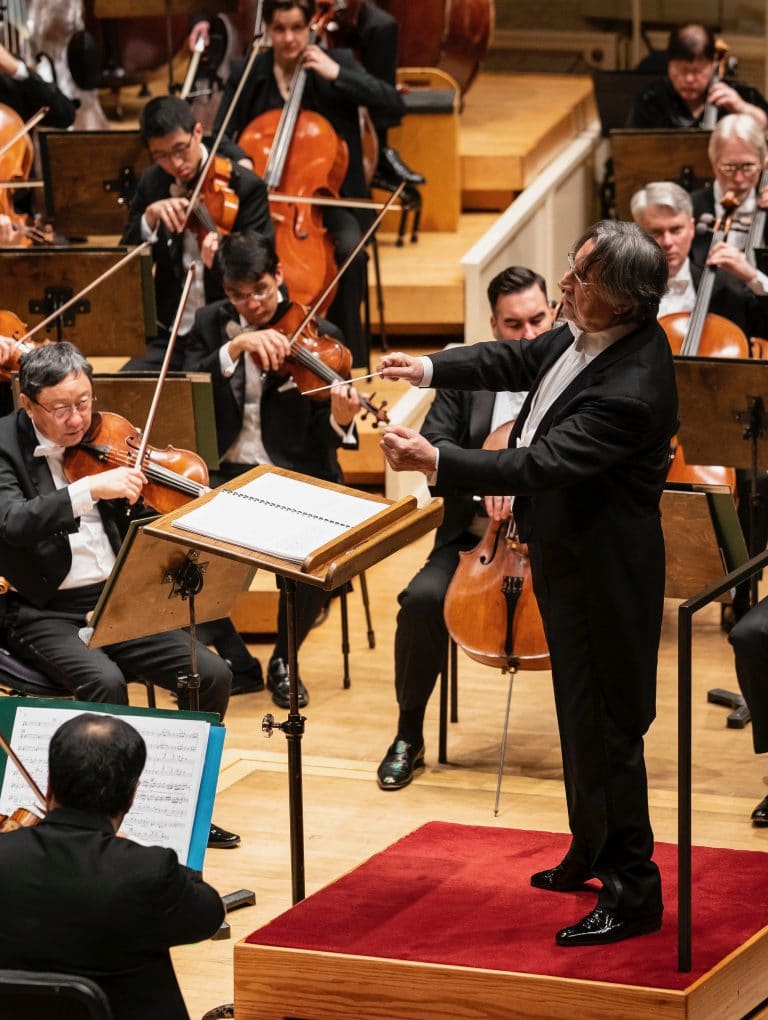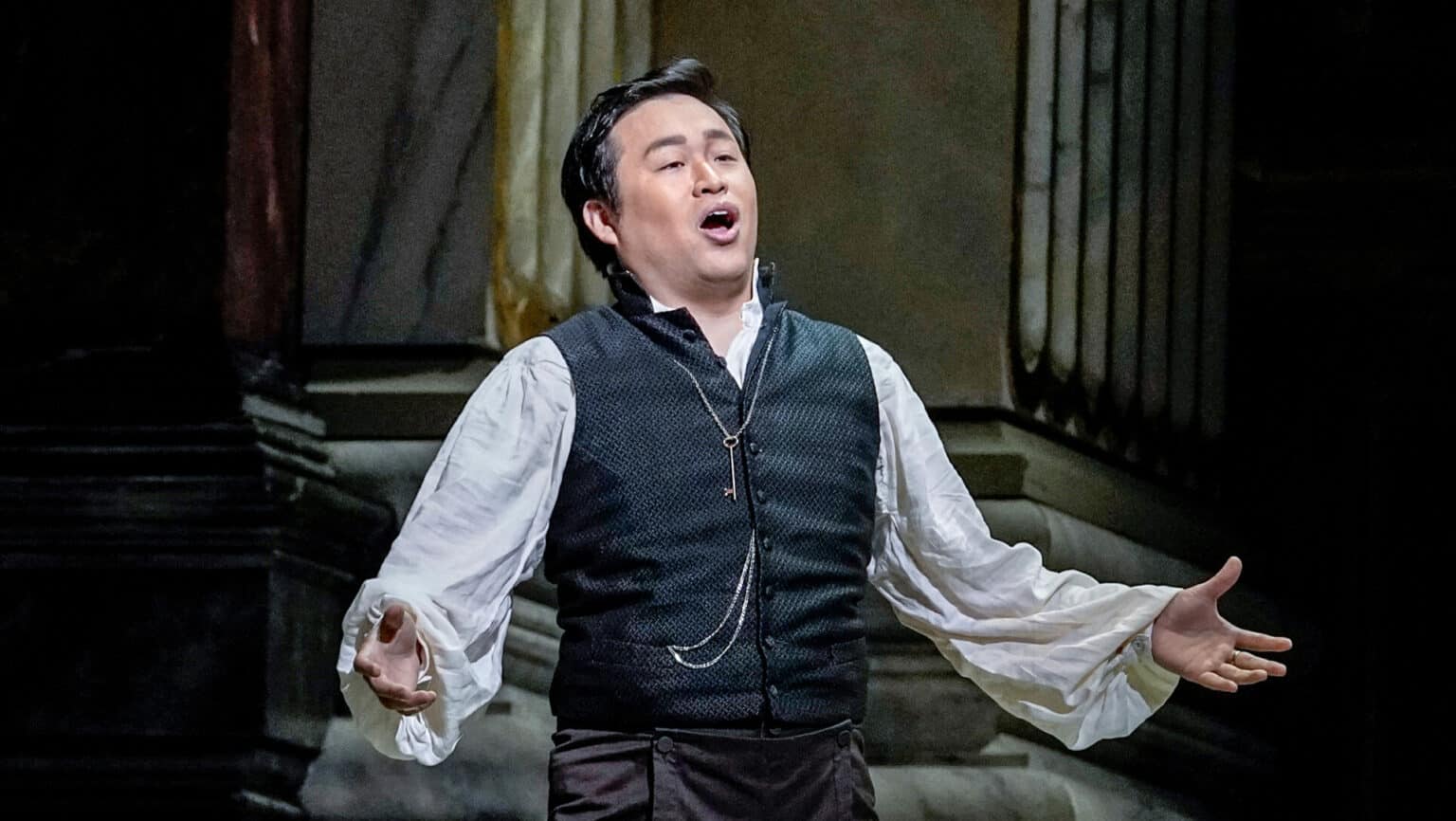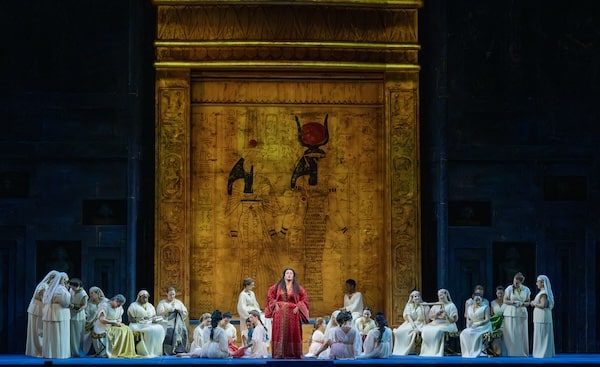Chicago Symphony is on strike
mainFrom the musicians:
Chicago – (March 10, 2019) – After nearly a year of negotiations for a new labor agreement, and with management still trying to reduce their pension benefits, the musicians of the Chicago Symphony Orchestra are on strike. After completing a Sunday afternoon concert and negotiating all evening, the musicians walked out and announced there would be no return until a contract agreement is reached.
“We have been clear from the beginning that we will not accept a contract that diminishes the wellbeing of members or the imperils the future of the orchestra,” says Steve Lester, bassist and Chair of the Musicians of the CSO negotiating committee. “As of today, the Musicians of the CSO are on-strike.” Lester adds: “Beginning at 8am on Monday morning, March 11, picket lines will stretch across all of the doors of Orchestra Hall through 8pm daily until a contract that is fair to the musicians is reached. It is requested that no orchestra, performer or patron cross the line.”
Cynthia Yeh, a percussionist and member of the Negotiating Committee, said that while Jeff Alexander, on behalf of the Helen Zell led Board of Trustees, has tried to convince members and the public that the Board of Trustees is offering a good contract – the truth is quite different. “The core difference between our plan and their proposal is that our plan keeps the guaranteed retirement benefit funded by the Association that has been the hallmark of the Orchestra’s benefits package (and those of other leading orchestras) for over 50 years,” says Yeh. “The Board of Trustees’ proposal strips the membership of that guaranteed benefit and shifts the investment risk to the individual member. The Board’s communique to Orchestra members and the press represents an unrealistic, snake oil, ‘rosy scenario’ sales job of their proposals,” adds Yeh.

From the organisation:
CHICAGO – Despite 11 months of negotiations, which included the services of federal mediators, expert third-party actuaries, and labor and benefit attorneys, Chicago Symphony Orchestra (CSO) musicians — represented by the Chicago Federation of Musicians (CFM) — and the Chicago Symphony Orchestra Association (CSOA) did not reach agreement on a new contract. The previous contract expired at 11:59 p.m. on March 10.
At the close of today’s negotiating meeting, the union indicated that the musicians have decided to go on strike.
“We are disappointed by the union’s choice to disrupt the CSO season now underway, and we are available to return to negotiations when they are ready,” said CSO Association President Jeff Alexander. “We have worked tirelessly to be responsive to the musicians’ many proposals during negotiations and have responded with a package that provides exceptional benefits, offers salary increases, improves working conditions and protects their retirement benefits.
“We value the musicians, and our commitment to the artistic quality of the Orchestra is unwavering,” he said, adding that other CSOA unionized employees and administrative staff have made concessions over the last several years to help ensure a long future of the CSO.”
The musicians are now engaging in a strike for terms that the Association and Board of Trustees believe are unreasonable and detrimental to a sustainable future for the CSO.
CSO musicians have one of the most lucrative salary and benefit contracts in the industry. In 2017/18 the minimum annual salary was $159,000, the average annual salary was $187,000 and the average total compensation, e.g. including media payments, was $209,000. Even though the Association has experienced annual operating deficits for several years, it offered increased wages, improved working conditions, and a generous retirement package.

UPDATE: A strike for our times






I wish I was making 200K and could complain about it…
When you put in your life’s work (sacrificing EVERYTHING) and audition competitively against 150 other people to EARN that kind of money in one of the world’s great orchestras, then you have the right to complain if all of a sudden somebody wants to diminish it.
Yes while most other musicians are starving for work and can hardly make it by. I’m sorry but I don’t have much sympathy for the Chicago Symphony Musicians. I hope they get what they want, but when you are in the top 10% income bracket, it’s hard to shed a tear.
Then go to law school.
Spend more time practicing, less on the internets.
A great many exceptional musicians throughout the world will endorse your comment. They are content to perform for the love of sharing music and being paid a fee or wage that enables comfortable living and security. These striking musicians are asking a great deal more. Many who attend concerts don’t earn salaries in this bracket and struggle to come up with the high admission price. It seems to me that these strikers are further jeopardizing the future of the CSO at a time when the arts are suffering.
Muti quit Teatro dell’Opera di Roma five years ago over precisely this kind of instability.
Break out the pop corn; SD is providing ring side seats.
Two things to watch for:
1) Who will draw first blood? Who will cry “no mas” first?
2) How Muti will react?
Ever since he quit La Scala after an unanimous vote of the entire House of no confidence against him, Muti has internalized two lessons:
— Always choose the side of the musicians over the board, because having 100 friends is better than having 10 friends (which he does unfailingly in Chicago),
— but if things go south, cut your losses early and quit before it gets uglier (which is what he did in Rome, using Chicago stationery no less, the chutzpah!)
Criminy, get back to work! Great orchestra, yes, but wake up. The demand for classical concerts is dwindling. Chicago has a lot of problems and it’s citizens have a lot of entertainment options that don’t involve hearing the same old classics again. And there are other good orchestras in town whose tickets cost a lot less. $187k on average is a lot. Sorry you don’t earn what the boys at Wrigley field make, but you’re making a fine salary considering that only 3% of the population cares about the CSO.
Do you want people who know nothing about your job telling you to get back to work because they *think* you are already “making a fine salary”?
Sure; if they’re partially responsible for my salary in the form of ticket purchases, donations, etc.
@CubsFan,
Actually attendance at the CSO has been up in recent years with very good ticket and subscription sales. Not sure what’s “dwindling” at your end…
Cubs fan writes: “Sorry you don’t earn what the boys at Wrigley field make”.
But the boys on Wrigley field aren’t tenured, and don’t have a 40+ year career.
Changing from defined benefit to defined contribution is shifting the retirement risks entirely on the individual members of the orchestra has been a typical management tactic across the board in US industry. Note the result: more seniors with inadequate pension coverage and more seniors working menial jobs to cover the gap. Musicians’ skills do not have an indefinite lifespan.Shall they move from the Orchestra Hall stage to mopping floors in Walgreen’s?
“Musicians’ skills do not have an indefinite lifespan”
At least they are all tenured at all those major orchestras. Nobody could fire them without cause.
Look around across U.S., how many could escape the fate of downsizing or firing after fifty something? Most of those would become part-timers with lousy pay and even lousier benefits (if any). Few lucky ones could find another job at a much reduced salary.
Do I feel bad about the musicians get pushed around? Yes.
Are they like little lambs that got shafted for everything, or at the bottom of the heap? Nowhere near.
Others can and do work well into their seventies and now even into their eighties is not unheard of. Orchestra musicians not so often: injuries, endless seasons, frequent touring take a toll that others doing white collar professional/service work at their pay rate do not experience.
I’m not clear if the the guaranteed retirement benefit would still be paid to already retired members regardless. Is it a fixed legal obligation once someone retires?
If so it might be advantageous for older employees of the orchestra to retire asap while it’s still in place.
I wish the musicians well but it’s hard from outside to know if they are endangering the orchestra. Let’s hope not.
The fully vested musicians will keep their pensions; it is part of ERISA law. And this is a very important point, that the press is not grasping. Roughly 40% of the CSO musicians are fully vested; they have nothing to gain from this fight over pensions. Yet the orchestra voted nearly unanimously to strike. The senior musicians are not fighting for themselves, but for their younger colleagues and the future of the orchestra as an elite institutions. All the predictable rhetoric, on this board and elsewhere, about “greedy musicians” is utter nonsense.
Nothing to gain directly from the pension part of the fight, but they do gain from the pay raise portion, and of course they want to support their younger friends and colleagues, many of whom may be close to fully vesting.
But to splash a little gasoline on the fire, the musicians argue that they deserve to be paid the best because they are the best — do you honestly think they would be willing to settle for less than first-rank pay if something caused them to be not be the first-rank orchestra? We can take for granted for the purposes of this discussion that they are currently the world’s greatest orchestra, although reasonable people can agree to disagree on that point — they might be, but the difference is quite small!
The public has NO sympathy for classical musicians making over $150,000/year with great benefits demanding more. Neither do unemployed conservatory graduates who would gladly take their jobs for $60,000 a year and do just as well to the average listener. Live in reality
“Our plan keeps the guaranteed retirement benefit funded by the Association that has been the hallmark of the Orchestra’s benefits package for over 50 years.”
Well guess what, a guaranteed retirement benefit was the hallmark of LOTS of workers 50 years ago. Today, for non-government employees, its 4% of the workforce! By the same token, the portion of the other 96% receiving $209,000 is even less than 4%.
This lady needs to wake up to the reality of the times. These musicians are already HIGHLY privileged. She should be satisfied– and proud– of what they are receiving now and are being offered.